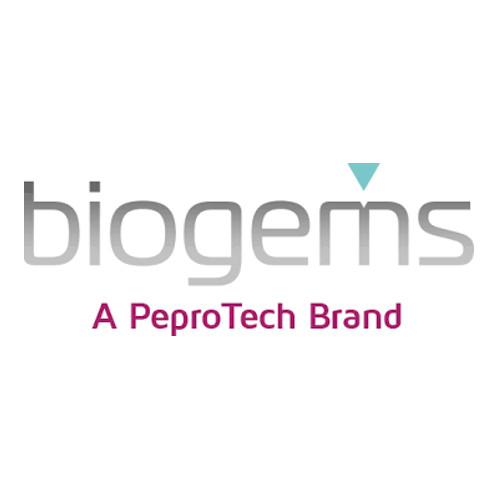CD4 / APC-Cy7 / RM4-5
Product Details
| Description | The RM4-5 monoclonal antibody specifically reacts with mouse CD4, also known as L3T4, a 55 kDa differentiation antigen expressed by the majority of thymocytes, subpopulations of mature T cells (like major histocompatibility complex class II-restricted T lymphocytes), a subset of natural killer T cells, and on pluripotent hematopoietic stem cells. CD4 binds to the major histocompatibility complex class II (MHC class II) and enhances T lymphocyte development and mature T cells functions. In T lymphocytes, CD4 binds to the cytoplasmic tail of enzyme tyrosine kinase (p56lck).Binding of RM4-5 is blocked by the anti-mouse CD4 clone GK1.5. | |
|---|---|---|
| Conjugate | APC-Cy7 | |
| Clone | RM4-5 | |
| Target Species | Mouse | |
| Applications | FC | |
| Supplier | BioGems | |
| Catalog # | Sign in to view product details, citations, and spectra | |
| Size | ||
| Price | ||
| Antigen | ||
| Host | ||
| Isotype |
About CD4
This gene encodes the CD4 membrane glycoprotein of T lymphocytes. The CD4 antigen acts as a coreceptor with the T-cell receptor on the T lymphocyte to recognize antigens displayed by an antigen presenting cell in the context of class II MHC molecules. The CD4 antigen is also a primary receptor for entry of the human immunodeficiency virus through interactions with the HIV Env gp120 subunit. This gene is expressed not only in T lymphocytes, but also in B cells, macrophages, granulocytes, as well as in various regions of the brain. The protein functions to initiate or augment the early phase of T-cell activation, and may function as an important mediator of indirect neuronal damage in infectious and immune-mediated diseases of the central nervous system. Multiple alternatively spliced transcript variants encoding different isoforms have been identified in this gene. [provided by RefSeq, May 2020]
This gene encodes the CD4 membrane glycoprotein of T lymphocytes. The CD4 antigen acts as a coreceptor with the T-cell receptor on the T lymphocyte to recognize antigens displayed by an antigen presenting cell in the context of class II MHC molecules. The CD4 antigen is also a primary receptor for entry of the human immunodeficiency virus through interactions with the HIV Env gp120 subunit. This gene is expressed not only in T lymphocytes, but also in B cells, macrophages, granulocytes, as well as in various regions of the brain. The protein functions to initiate or augment the early phase of T-cell activation, and may function as an important mediator of indirect neuronal damage in infectious and immune-mediated diseases of the central nervous system. Multiple alternatively spliced transcript variants encoding different isoforms have been identified in this gene. [provided by RefSeq, May 2020]
About APC-Cy7
APC-Cy7 (APC-Cyanine 7) has an excitation peak at 650 nm and an emission peak at 785 nm, and is spectrally similar to APC-CF®750 (Biotium), APC-H7 (BD Biosciences), APC-eFluor™ 780 (Thermo Fisher Scientific), APC-Vio®770 (Miltenyi Biotec) and APC-Fire™ 750 (BioLegend). This dye is a member of the Cyanine® dye family, a trademark of GE heathcare.
APC-Cy7 (APC-Cyanine 7) has an excitation peak at 650 nm and an emission peak at 785 nm, and is spectrally similar to APC-CF®750 (Biotium), APC-H7 (BD Biosciences), APC-eFluor™ 780 (Thermo Fisher Scientific), APC-Vio®770 (Miltenyi Biotec) and APC-Fire™ 750 (BioLegend). This dye is a member of the Cyanine® dye family, a trademark of GE heathcare.
Experiment Design Tools
Panel Builders
Looking to design a Microscopy or Flow Cytometry experiment?
Validation References
Reviews & Ratings
| Reviews |
|---|
Looking for more options?
6549 CD4 antibodies from over 61 suppliers available with over 260 conjugates.
Selected products
0





